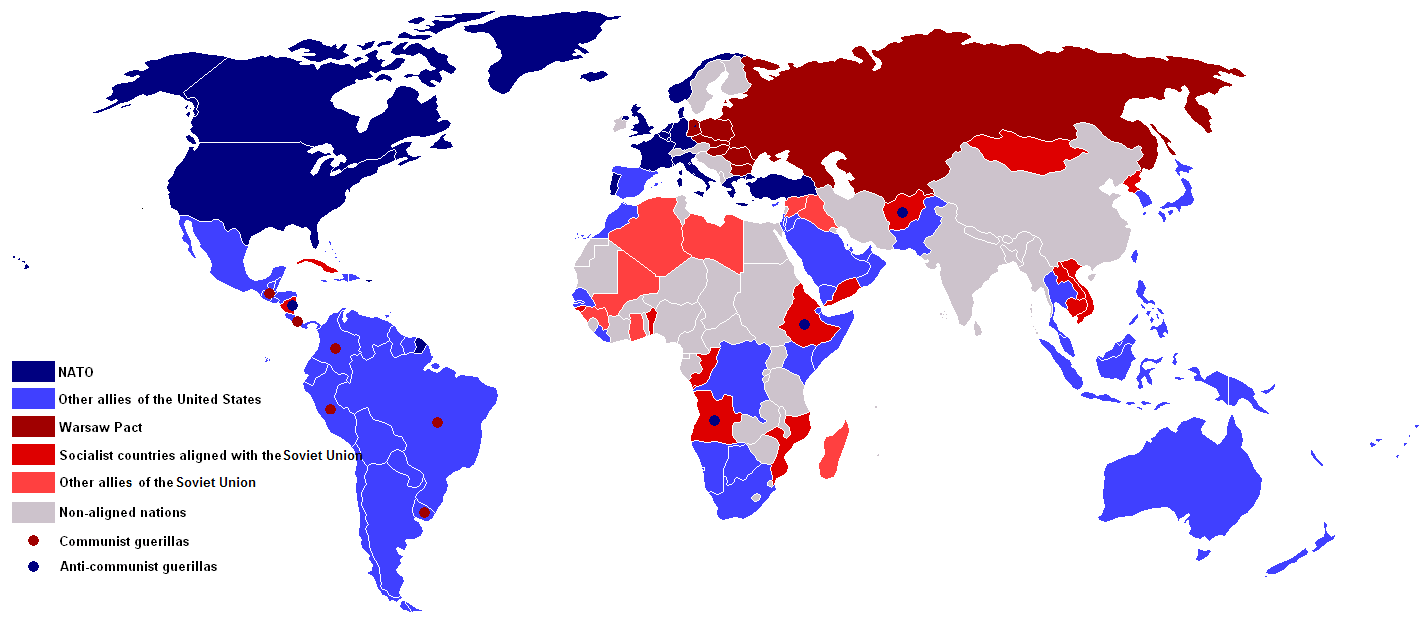If there are no plans for actually carrying out an attack is that because the plans were worded that way to provide plausible deniability? Or was it indicative of both sides being generally unwilling to engage in direct military conflict with each other?

Maybe the Bay of pigs mission that went south. But other than that its generally just almost nuclear destruction/threats.
Each alliance bloc prepared extensive plans for conventional military action in the event of conflict. Throughout the Cold War, both NATO and the WP stationed hundreds of thousands of troops in Central Europe and thousands of vehicles/aircraft. It was generally accepted by both sides that any conflict would have a conventional military aspect to it, rather than being solely nuclear; the thing no one was sure of was whether nuclear weapons would be involved right away or if the conflict would remain conventional for some significant period of time.
Generally, WP plans were almost exclusively offensive in nature and were designed to break apart the western alliance and remove West Germany as an independent actor. By the same token, NATO plans were exclusively defensive and were entirely oriented around finding a way to absorb and defeat a conventional invasion of Western Europe.
For most of the Cold War, NATO expected any armed conflict to quickly escalate to a nuclear one as they did not expect to be able to resist an invasion without resorting to tactical nuclear weapons. This only changed in the 1980s when significant changes were made in terms of manpower, technology, and strategy. The Soviets, on the other hand, generally expected to refrain from using nuclear weapons first since the predicted success on the ground without needing the help.
I do not have my sources handy but have referred to them in prior posts on this subject and would be happy to dig them up on request. Also happy to provide further detail if requested in particular subjects.

Whaddaya Say?